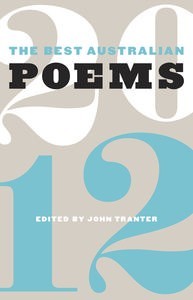The biblical image of a camel passing through the eye of a needle has always fascinated me, so I looked here for common phrases that originated from the Bible.
And thus today's poem came to be.
In the end, there's no word
I have no sand to stand on:
it's quick, and disappearing,
like the love in an old lover's eyes;
like the rebel camel passing
through a needle's eye;
like the stubborn, now dead, fly
in the ointment of the apothecary;
like the flesh, thorned,
weak despite a willing spirit.
Let my clay feet
run me far away
from the fat of lands,
run me far away
from pigs playing with pearls
to the ends of the salted earth,
return me to ash and dust
at the foot of mountains
moved by faith.






